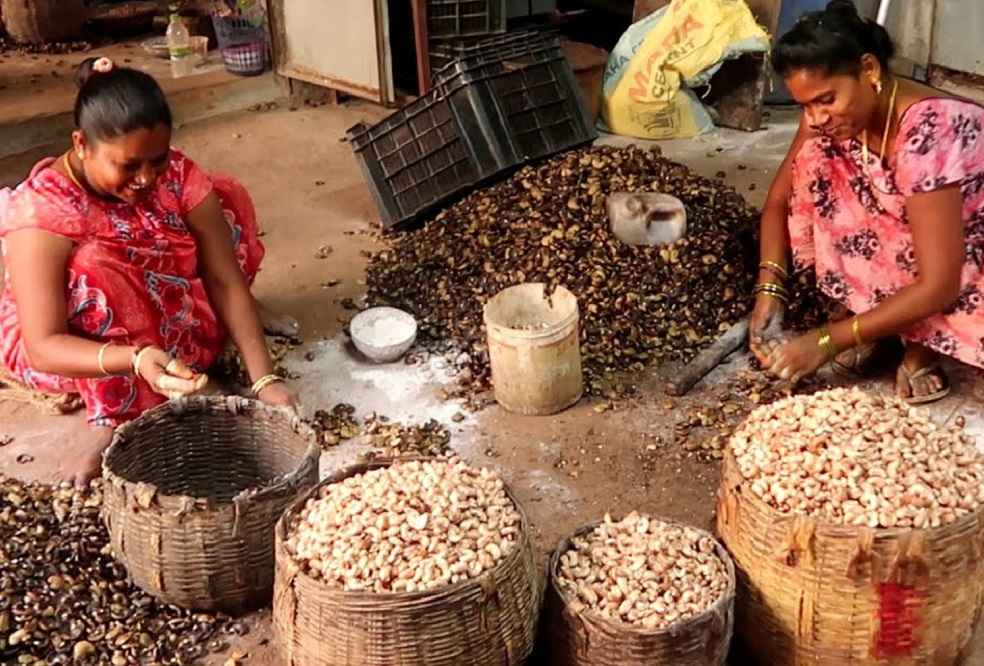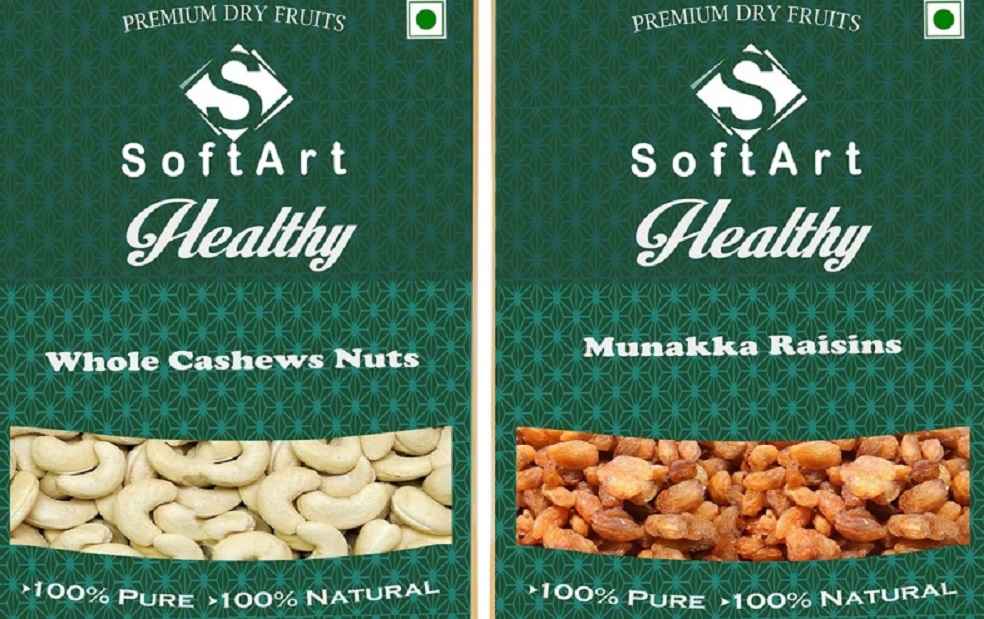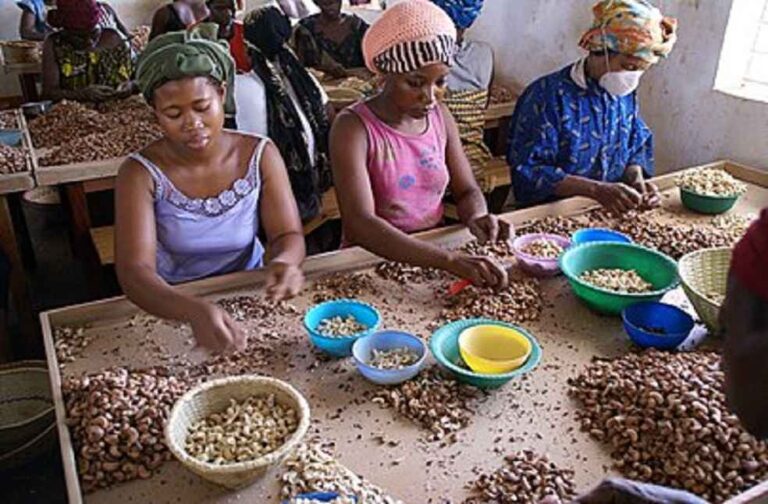Brazil: The history of cashew trade dates back to the 16th century when the Portuguese arrived in Brazil and introduced the cashew tree. The cashew nut quickly became popular among the indigenous people, and eventually, the Portuguese started to export cashews to Europe.
In the 18th century, the Dutch introduced cashew trees to their colonies in Indonesia, where they began cultivating cashews for export. The Dutch also played a significant role in the spread of cashew cultivation to other parts of the world, including India, Africa, and the Caribbean.
Cashews were initially grown for their fruit, which contains a single seed (the cashew nut). However, it was not until the early 20th century that the cashew nut became a significant cash crop. In the 1920s, the first commercial cashew processing plant was established in India, which helped to boost cashew production and export.
Today, the leading producers of cashews are India, Vietnam, and Ivory Coast, while other major producers include Brazil, Tanzania, and Nigeria. The global cashew trade is worth over $6 billion, with India being the largest exporter of cashews.

Cashews are primarily used in the food industry, with a significant portion being processed into cashew butter, oil, and flour. They are also a popular snack and are used in the production of various confectionery products.
One of the significant challenges facing the cashew trade is the high cost of production, which is due to the labor-intensive nature of cashew harvesting and processing. In many countries, cashew production is still done manually, which can be time-consuming and costly.
Another significant challenge facing the cashew trade is the issue of quality control. Cashews are susceptible to insect infestation, and if not properly processed and stored, they can develop mold and become contaminated. This can lead to significant losses for producers and exporters and can also pose a health risk to consumers.
In recent years, there has been a growing demand for organic and fair trade cashews. Organic cashews are grown without the use of synthetic fertilizers and pesticides, while fair trade cashews are produced under fair labor conditions and are sold at a fair price to producers.
 The cashew trade has also been affected by the COVID-19 pandemic, with disruptions to supply chains and reduced demand for cashews due to the closure of restaurants and other food service establishments.
The cashew trade has also been affected by the COVID-19 pandemic, with disruptions to supply chains and reduced demand for cashews due to the closure of restaurants and other food service establishments.
Despite these challenges, the cashew trade remains an important source of income for millions of people around the world, particularly in developing countries. The cashew industry provides employment opportunities for farmers, processors, and traders, and helps to support local economies.
In conclusion, the cashew trade has a rich history dating back to the 16th century, when the Portuguese introduced the cashew tree to Brazil. Today, cashews are grown and exported by countries around the world, with India being the largest exporter. The cashew trade faces significant challenges, including high production costs and quality control issues, but remains an essential source of income for millions of people worldwide. As demand for organic and fair trade cashews continues to grow, there is a need for producers and exporters to adopt sustainable practices and improve quality control to ensure the long-term viability of the industry.
DON’T MISS IT: GLOBAL REAL ESTATE TRENDS EMPHASIZE SUSTAINABILITY, TECH ADOPTION, AND SHIFTING LIFESTYLES



